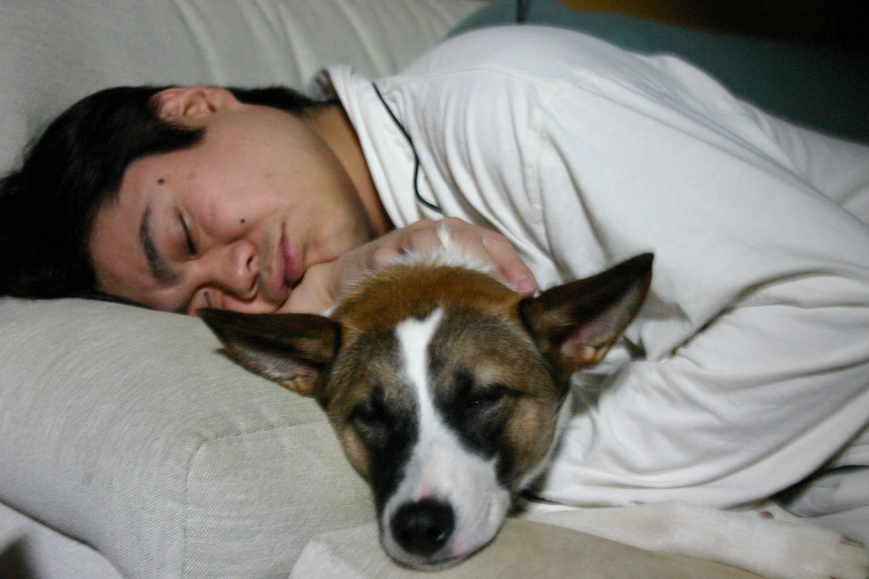Do you have trouble falling asleep at night or waking up in the morning? According to a recent study, you may be suffering from Delayed Sleep Phase Disorder or DSPD for short.
What is DSPD?
DSPD is a sleeping disorder that causes a shift in the circadian rhythm of your body. The circadian rhythm is an internal clock that tells your body when to wake up, fall asleep, and be hungry.
Who is most affected by DSPD?
Teenagers tend to be most affected by DSPD due to them staying up later than they did as a child but still having to get up early in the morning for school, but this can occur in adults too. DSPD causes many teenagers to be sleep deprived and leaves them tired during the day due to a shift in their sleep schedule.
What are the treatments?
DSPS is not the same as insomnia due to patients being able to have a full night’s sleep unlike insomniacs, and there are several treatments for DSPD.
Chronotherapy is a treatment where the patient slowly shifts their sleep schedule later and later until the desired sleep time is achieved. This treatment has very limited practical use due to the patient having to alter their regular day schedules to accommodate for the constantly changing sleep times.
Bright light therapy is another treatment for DSPD where a bright light or sunlight is used. One should see a sleep specialist before using this treatment due to serious side effects.
The third option for treatment is Melatonin. Melatonin is a naturally produced hormone that directly affects one’s circadian rhythm. Normally, Melatonin shifts your circadian rhythm earlier so you are able to sleep at a regular time.
If your sleep schedule is interfering with your life than you should see a sleep specialist to talk to about the possibility of you having Delayed Sleep Phase Disorder.


arthenice
Very interesting. Some things that can also disrupt your sleep cycle are can improve it are found in this article: http://www.fammed.wisc.edu/sites/default/files//webfm-uploads/documents/outreach/im/handout_sleep.pdf
Great research!!
hannahbanana
This is a very interesting article. As I teen, I am always told sleep is important, but how important? This made me research a little more and I found on http://www.sleepfoundation.org/article/sleep-topics/teens-and-sleep
that teens need about 9 1/4 hours of sleep each night to function best (for some, 8 1/2 hours is enough). Most teens do not get enough sleep — one study found that only 15% reported sleeping 8 1/2 hours on school nights. Teens tend to have irregular sleep patterns across the week — they typically stay up late and sleep in late on the weekends, which can affect their biological clocks and hurt the quality of their sleep.
I will now work harder to try to get that sleep because DSPD is not something I would like to get!!
Thanks!
arthenice
Interesting information. Not only does a lack of sleep leave you feeling tired it is also caused to a lot of health risks such as obesity. This article discusses it further: http://www.sciencedaily.com/releases/2012/04/120417080350.htm
sciencegirl025
Very interesting article, especially how many teenagers can relate to shifting sleep schedules! There are many consequences to lack of sleep and because of teen’s demanding schedules most are sleep deprived. Sleep deprivation can cause more harm than most people realize:
http://www.sleepfoundation.org/article/sleep-topics/teens-and-sleep
this is a great article from the National Sleep Foundation that illustrates the importance of sleep, the consequences of too little sleep and solutions to falling asleep. DSPD seems like a growing issue and I hope more people will take care in enhancing the quality of their sleep.